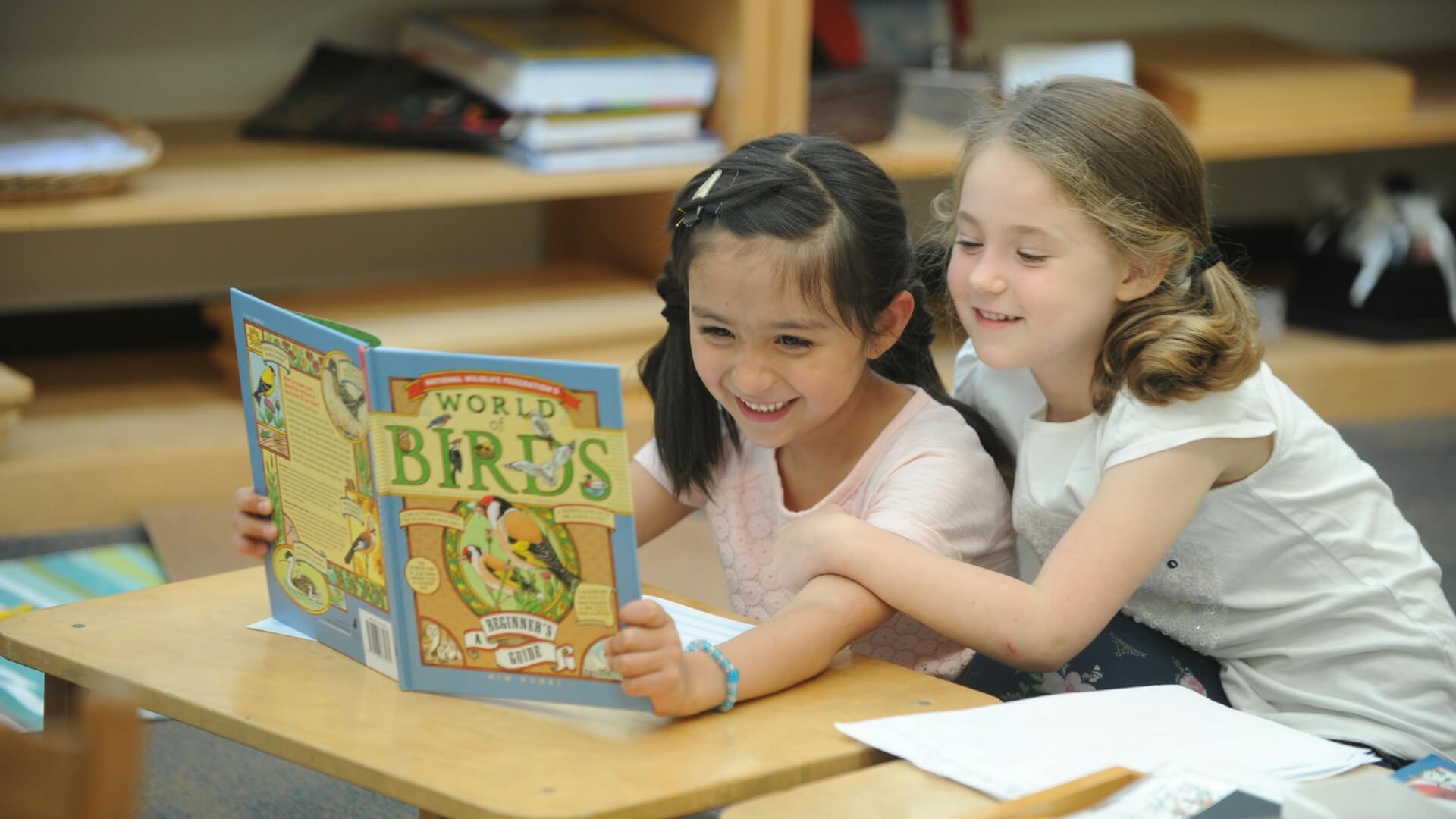If you ever walk into a Montessori school classroom, you will observe a community of kids, all helping to take care of their environment. Some children may be cleaning the windows, while another is watering the plants. This is an integral part of Montessori education.
Children benefit in many ways from learning to take care of their own environment. They learn to take pride in their work, develop a sense of belonging and purpose, and learn skills they will carry with them throughout their lives. Additionally, many day-to-day tasks involve actions that help young people exercise their fine motor skills or require them to practice sorting or counting. All are beneficial to academic success. Here are a few suggestions for Household Tasks for Children.
Students in Montessori schools are never offered external rewards for completing their tasks. They simply know what is expected of them and that they are a valuable part of the classroom community. The feeling of accomplishment when a task is completed, and the fact that they have contributed, are enough reward to keep them motivated.
Believe it or not, you can bring this same system into your home. Your children already know how to accomplish many household tasks from attending school, and they realize the value of contributing to a family. By giving them a clear set of expectations and reminding them of their work from time to time, you can expect your kids to begin helping out around the house right away.
If you see your children dragging their feet or flat-out refusing to do a task, have a talk with them and remind them that they are a part of the family and are therefore expected to help keep the house running smoothly. Steer clear of rewards, as your children should learn to contribute happily for the sake of the family. External rewards only set expectations for compensation every time a task is completed, something that nobody receives once they have grown and are cooking and cleaning in their own home. Rewards also tend to overshadow the satisfaction of simply doing a job because it needs to be done. Ultimately, they take away the natural reward that is already in place.
Young children can help out around the house from a very early age. Even two- and three-year-olds can help by putting away silverware, putting toys in a toy box, and wiping down tables. Kids between the ages of two and four are generally the most willing and excited to help, so it is ideal that they are given opportunities to contribute to the family so they can develop a sense of belonging. By instilling a good work ethic and willingness to contribute to the family from an early age, you are putting your child on the path to being a helpful family member and citizen as they grow older.
There are many ways to split up chores amongst family members. Some families split the chores based on the ages of their children and keep the same chore lists from week to week. Other families will rotate chores each week in order to give each member of the family some variety in their work. Others still will rotate jobs daily. Many households give personal chores which stay the same from day-to-day and rotate the larger household chores such as kitchen duty or bathroom cleaning. Find what works for your family and stick with it.
You may only need to verbally communicate each child’s chores to them, or you may need to create a list or chart for each kid. The important thing is that each person knows their responsibilities and feels they are a valuable, contributing member of the household. This is something that will fill them with pride and a sense of self-worth and give them a reason to continue helping out and the confidence to pursue future endeavors.


